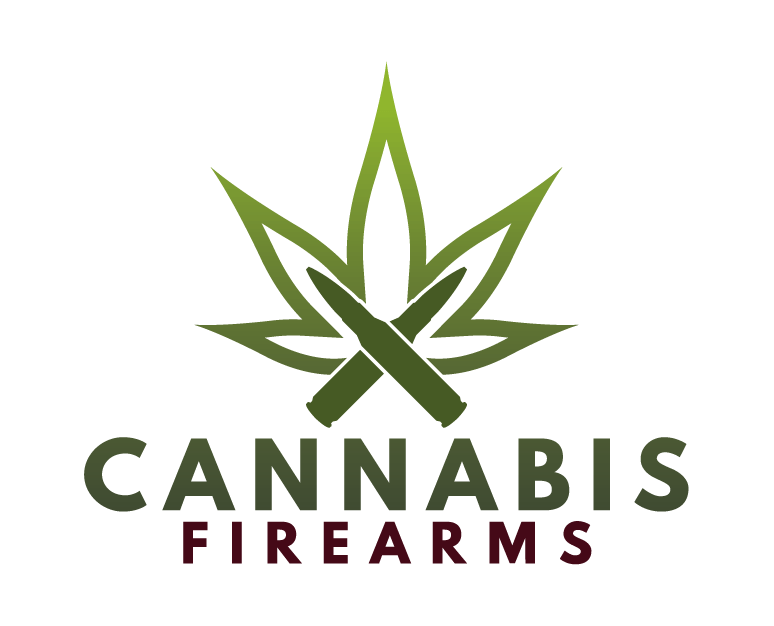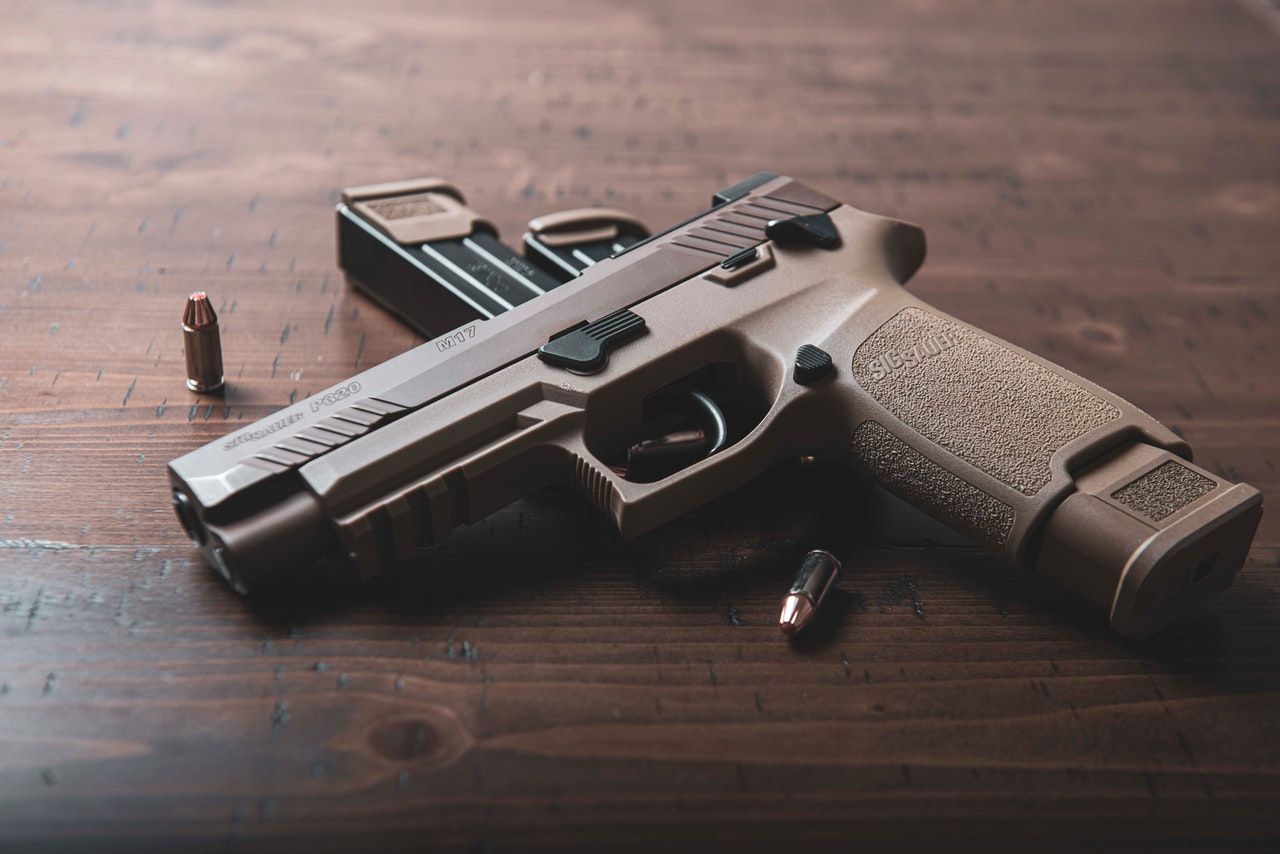Cannabis Policy and Gun Rights in Military and Law Enforcement
The topic of cannabis use within the military and law enforcement is a complex issue, especially when considering its impact on gun ownership among enlisted personnel and officers.
The Battle to Align Tribal, State, and Federal Cannabis Enforcement
The clash between state cannabis legalization, federal gun prohibitions, and tribal sovereignty continues to create some of the most complex legal terrain in the United States.
Illegal Cannabis Grows Stretch Police Resources and Scar the Environment
Across the United States, the expansion of cannabis legalization has not eliminated one of the industry’s most persistent problems—black-market cultivation.
Federal Cannabis Rescheduling Could Redefine Gun Rights—But Not Overnight
Washington, D.C.—The federal government’s push to reschedule cannabis is creating waves far beyond the cannabis industry itself.

